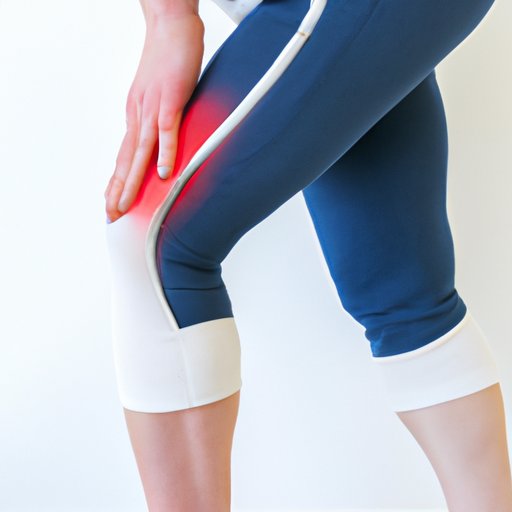
Introduction
Hip pain is a common issue that can significantly impact daily life, making it difficult to perform activities like walking or sitting for extended periods. This article aims to provide information on how to relieve hip pain through various remedies and lifestyle changes.
Benefits of Exercise in Relieving Hip Pain
Exercise can help improve hip strength and flexibility, consequently relieving pain. Stretching, yoga, and low-impact activities such as swimming and cycling are exercises that can help alleviate hip pain. Incorporating exercise into daily routines can efficiently manage hip pain, and it should be done progressively, slowly, and regularly.
Home Remedies for Hip Pain Relief
Various home remedies such as massages, icing or heat therapy, and using a hip brace for support can help alleviate hip pain. Massages can help sore and stiff muscles relax, enabling them to function better. Using a cold compress reduces inflammation and swelling responsible for pain. Heat therapy relaxes tight muscles and increases blood flow, offering pain relief. Using a hip brace offers support and compression, reducing strain on the hip joint.
Understanding Common Causes of Hip Pain
Hip pain can be caused by various issues such as injury, arthritis, or bursitis. To prevent hip pain, it is essential to maintain good daily habits like stretching before and after exercise, wearing appropriate footwear, and maintaining a healthy weight. Building strength in the hip area is also necessary to prevent hip-related issues. Early recognition of potential problems is crucial as this can help take preventative steps before the pain worsens.
Exploring Non-Invasive Treatment Options
Alternative treatment options like chiropractic or acupuncture can help relieve hip pain. Chiropractic treatments involve manual adjustments that may improve hip mobility and alignment with the spine. Acupuncture involves the use of thin needles inserted into specific points on the body to alleviate pain. These treatments are non-invasive and effective, but risks are present, including possible complications or side effects.
Examining Long-Term Solutions
Long-term solutions such as physical therapy, appropriate nutrition, and exercise can help manage hip pain and prevent recurrence. Physical therapy involves designing a custom exercise plan to alleviate hip pain and prevent recurrence. Appropriate nutrition and exercise can improve overall weight and cardiovascular health while reducing the risk of hip pain. A holistic approach is necessary to manage hip pain better, and each treatment option should be tailored to suit the individual.
Conclusion
Relieving hip pain is essential for overall health and well-being. A combination of various measures such as exercises, home remedies, and adopting healthy habits may help manage hip pain. Seeking professional medical attention is necessary if hip pain persists or worsens despite attempts to alleviate it.





